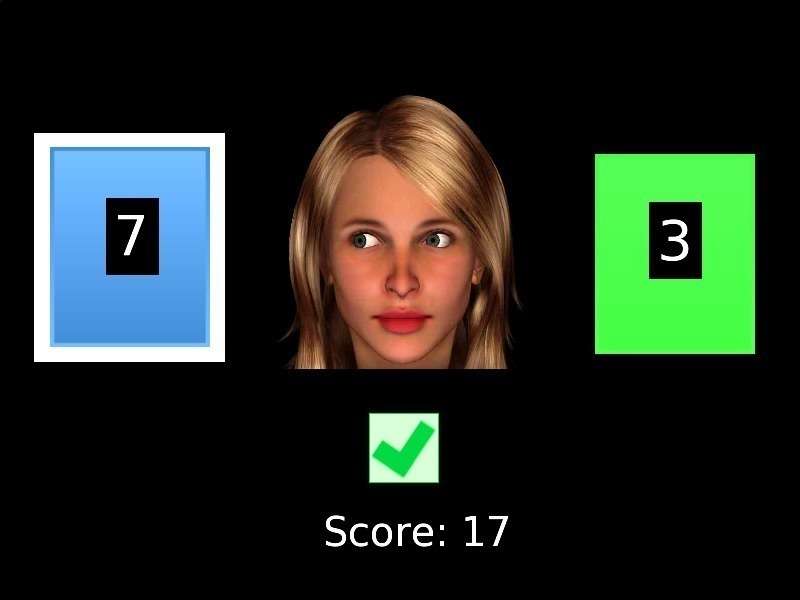Understanding social impairments in autism

Scientists at the Max Planck Institute of Psychiatry in Munich together with colleagues in Cologne and Zürich have used mathematical models to explain differences in social behaviour associated with autistic personality traits. They show that autistic traits do not – as previously thought – stop the individual from "reading" social cues, but instead affect how social information is used in making decisions. This new understanding provides a new basis for future research that will improve therapies for people with autism.
Scientists at the Max Planck Institute of Psychiatry in Munich together with colleagues in Cologne and Zürich have used mathematical models to explain differences in social behaviour associated with autistic personality traits. They show that autistic traits do not – as previously thought – stop the individual from "reading" social cues, but instead affect how social information is used in making decisions. This new understanding provides a new basis for future research that will improve therapies for people with autism.
Autism spectrum disorder is a common psychiatric disorder that is characterized from childhood onwards by major impairments in social interaction and communication. About one half of autistic individuals are "high-functioning" as they have no intellectual impairment. However, all are severely limited in their social and professional life, which is why so many people with autism also suffer from depression. It has been suggested that autistic individuals may not "read" social cues and as a result do not respond to them properly. Alternatively, it has been suggested they are unable to empathize, thereby leading to social problems.
Leonhard Schilbach, consultant psychiatrist and Research Group leader at the Max Planck Institute of Psychiatry, explains "we have shown in this study that autistic trait-related differences in social behaviour are not due to a general inability to process social cues, but are related to the way social information is taken into account during decision-making".
It is thought that reading cues and making decisions involve an interplay between "expectations" generated in higher brain areas and signals from lower sensory brain areas. Normally, the behaviour of others that causes the sensory signal is interpreted in comparison to such "expectations". This allows individuals to regulate their behaviour in a context-sensitive and socially adequate way. In contrast to this, autism might be the result of an imbalance in this interplay, with a stronger reliance on sensory signals.
Computational modeling uses mathematical descriptions to characterize the variables that underlie social behaviour. Previous research has shown that humans do not only "read" the overt behaviour of others, but also the intentions that underlie and motivate the behaviour and use this information when making. Lead scientist Leonhard Schilbach explains, "we used a computational approach to investigate whether differences in social decision-making observed in people who are high or low in autistic traits are related to an inability to monitor others' intentions".
Schilbach and colleagues found that higher autistic traits do not impair the ability to process social information per se, but rather how this information influences decision-making. Furthermore, it was observed that individuals high in autistic traits found it harder to optimally use social information during unpredictable situations. It is hoped that this new insight into the autism spectrum will provide improved interventions for patients. Furthermore, the computational approach used in this study could also help to characterize social difficulties in other psychiatric disorders.
More information: Meltem Sevgi et al. Social bayes: using bayesian modeling to study autistic trait-related differences in social cognition, Biological Psychiatry (2015). DOI: 10.1016/j.biopsych.2015.11.025


















